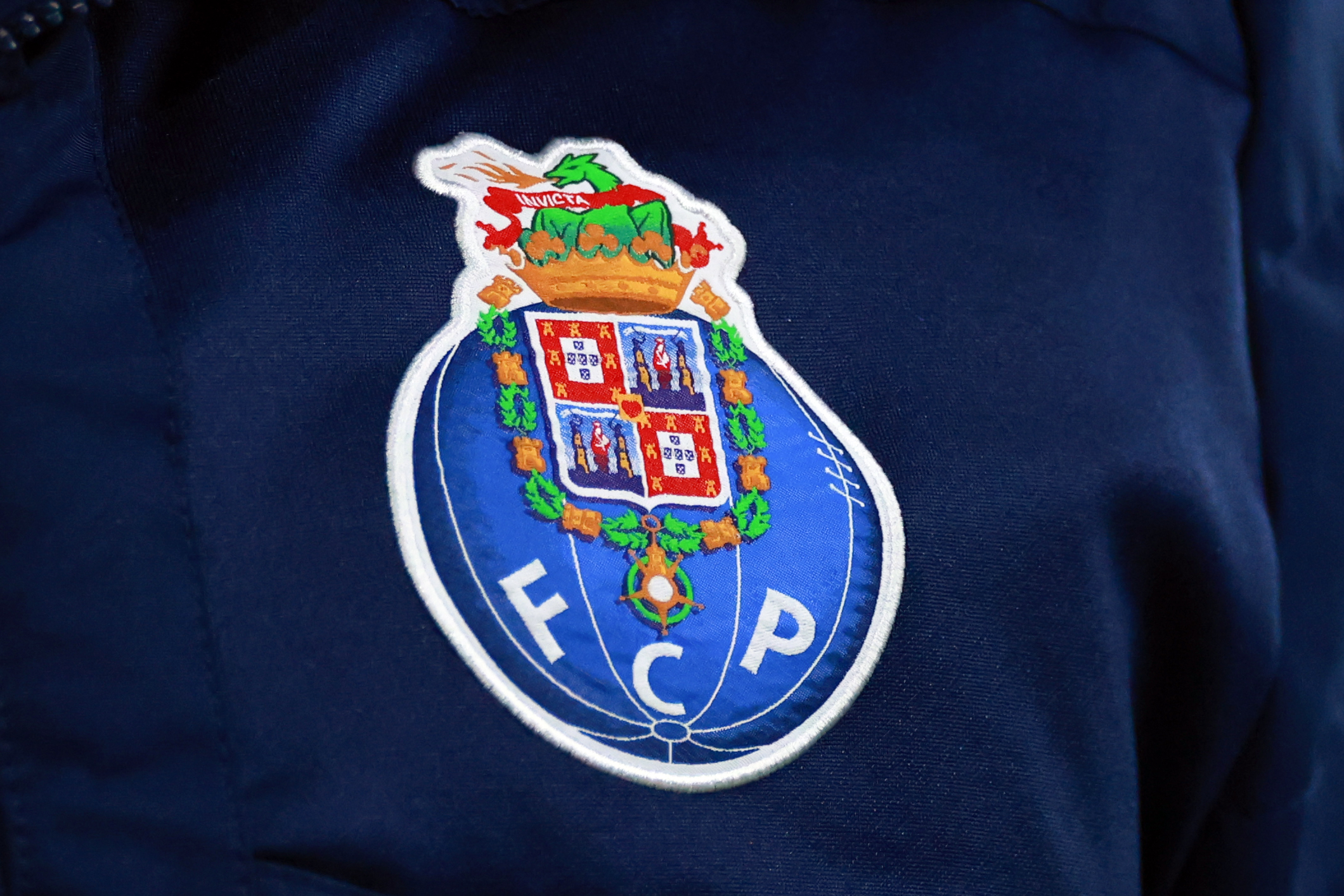The figures show a jump of more than 100 percent in revenue from what the previously cash-strapped organisation could attract for its showcase competitions some five years ago.
All the money is from sports agency Sportfive, which has blanket rights to the major African competitions and is providing a minimum guarantee of $137.45 million for the rights to six different competitions.
There will be $46.8 million for four successive editions of the African Nations Cup finals, starting with last year's tournament in Angola to the 2015 finals in Morocco. Up to 2008, CAF earned $5.5 million every two years for Nations Cup rights.
A seven-year deal for the rights to the African Champions League and the African Confederation Cup, the two annual club competitions, will earn CAF $71.4 million through to 2017.
African football's governing body was previously paid $5 million annually for the club competition rights although before 1997 they did not generate any money.
NEW TOURNAMENT
CAF will earn a further $17 million until 2015 for the African Nations Championship, a new tournament for national sides held every two years made up of locally-based players.
The best features, fun and footballing quizzes, straight to your inbox every week.
Sportfive, part of Lagardere Sports, has also paid $2.25 million for the rights until 2016 to the African Youth Championships at under-20 level and the African Under-17 Championship, both of which are held every two years.
The CAF financial report for 2010, released to reporters on Thursday, showed a surplus of $15.53 million, a big jump on the operating profit of under $1 million announced one year ago.
CAF said from next year the 16 teams reaching the Nations Cup finals would share a guaranteed prize pot of $10 million.
The report also said CAF was negotiating to sell the television rights for the Nations Cup qualifiers to guarantee each member association more than $150,000 each.
"This is very significant for the smaller associations who in the past were not able to sell any TV rights," said CAF finance committee chairman Suketu Patel.
Patel added that the growing marketability of African football came from its increasing band of world-class players overseas and the attractive publicity around the African game.
 Join The Club
Join The Club





